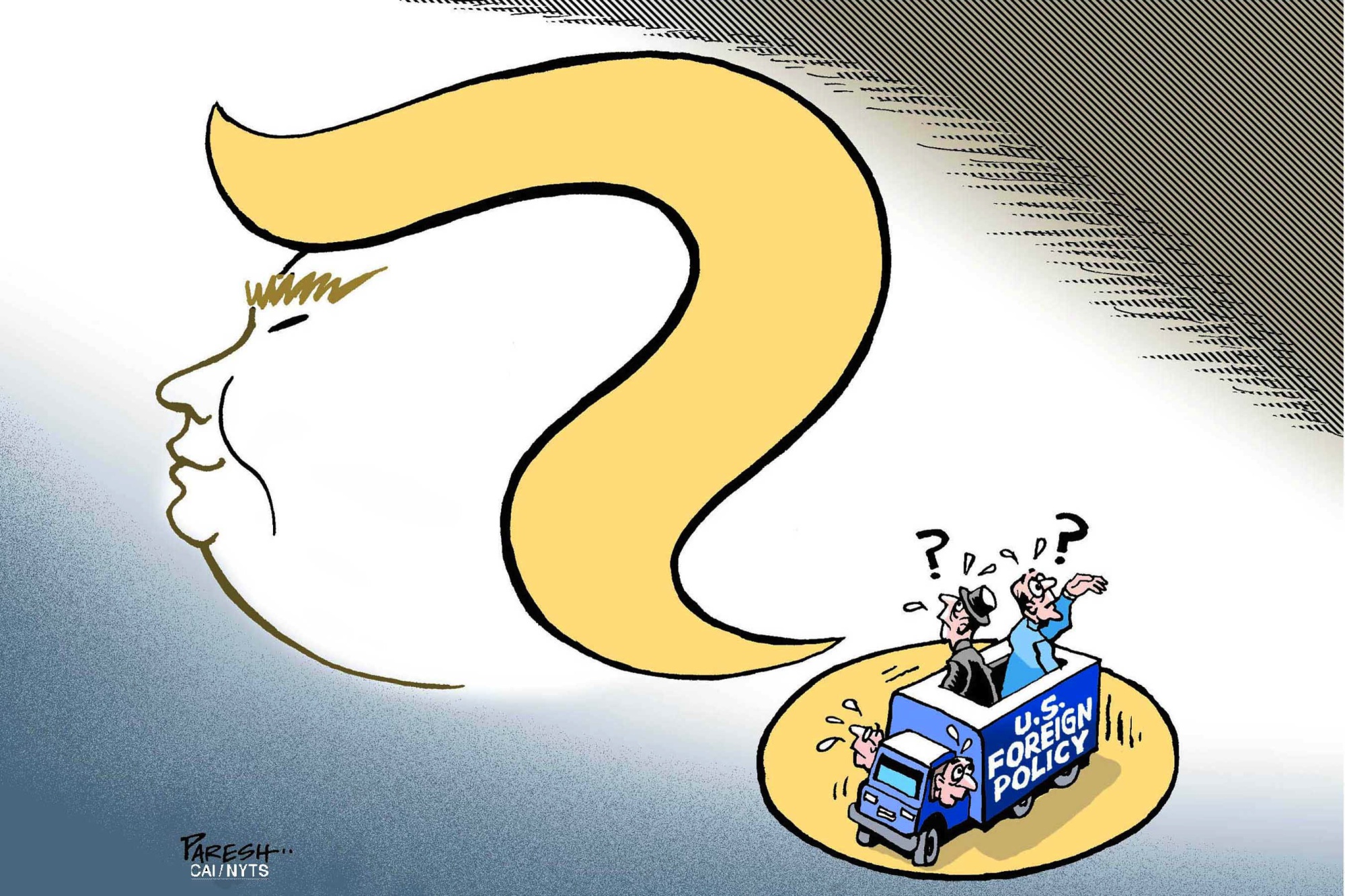Barack Obama met with Donald Trump at the Oval Office on Thursday following his spectacular election upset on Nov 8. While the president-elect promptly promised to "put America's interests first, but deal fairly with everyone", many U.S. allies are nervous about what his win will mean for U.S. policy. That means he now has to begin a major campaign of re-assurance, and prepare for a host of challenges in a world full of potential danger.
Trump is starting to receive enhanced intelligence briefings and his in-tray is vast. In the Middle East, key offensives are underway against Islamic State in Mosul, Iraq and Raqqa, Syria. In Asia, political tensions are growing in South Korea, where President Park Geun-hye faces pressure to resign at the same time as the nuclear standoff with North Korea has intensified. In Europe, the migration crisis is adding to concern in the continent over the future of the European Union post-Brexit.
One key area of uncertainty for allies is over Trump's trade policy. He spoke out against agreements like the North American Free Trade Agreement and the controversial Trans-Pacific Partnership during his campaign; it remains to be seen what specific posture he will take toward these deals. In particular, the president-elect must decide how hard to push back if Obama decides, before his presidency ends in January, to have a final push at getting congressional passage of the TPP. The TPP, which may now be dead-on-arrival in Congress, is a massive trade deal with 11 other countries in the Americas and Asia-Pacific (including Australia, Canada, Japan, New Zealand, Malaysia, and Mexico) that account for about 40 percent of world GDP.


















With your current subscription plan you can comment on stories. However, before writing your first comment, please create a display name in the Profile section of your subscriber account page.